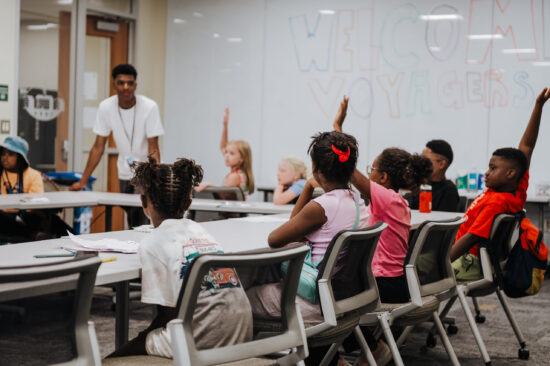When School Isn’t Just About School Anymore
Across the country, public education is undergoing major shifts. The rollback of DEI initiatives, bans on inclusive curriculum, and political pushback on mental health support aren’t just headlines—they’re realities that directly affect our children.
For parents raising Black and Brown children through adoption—especially in transracial families—this moment calls for something more than good intentions. It calls for presence, participation, and proactive parenting.
The Landscape Has Changed
- DEI programs are being cut or rebranded in schools and districts nationwide.
- Curriculum bans increasingly target topics like race, gender identity, and historical truth.
- Teachers face restrictions on discussing equity, culture, or even acknowledging differences.
- Mental health and student support services are underfunded, defunded, or politicized.
This isn’t “business as usual”—and our children feel it.
Why This Matters for Adopted Children
Adopted children, especially those in transracial families, already face unique educational challenges:
- Adopted children are nearly twice as likely to have an Individualized Education Plan (IEP) or receive special education services compared to non-adopted peers.¹
- Studies show higher rates of school-based behavioral referrals and emotional distress among adopted children, often linked to identity, trauma, and attachment dynamics.²
These outcomes aren’t inevitable—but they are real. And they require us to stay attuned to the evolving educational landscape.
Your Child Is Watching
Black and Brown children—especially those adopted into white families—often carry a deep, intuitive awareness of when they are not being fully seen. Even when they can’t name it, they notice when identity is ignored, erased, or punished.
Silence doesn’t protect them. It isolates them.
Stay Plugged In: 5 Ways to Show Up This School Year
- Review what your child is learning—and what they’re not.
Ask how race, identity, heritage, and family structure are addressed in the classroom. - Speak up at school board or PTA meetings.
One calm, clear voice can shift a room. Showing up matters. - Connect with teachers and staff early.
Build trust. Ask how your child is doing socially, emotionally, and culturally—not just academically. - Build a cultural safety net at home.
Make sure books, media, and mentors reflect your child’s identity—even if school doesn’t. - Find or build your people.
Whether it’s a parent group, online forum, or TRJ family circle—community creates confidence and impact.
Together, we can raise children who are not only seen—but celebrated.
With love and solidarity,
The TRJ Team
This post is from our August 2025 newsletter. If you would like to get our newsletter in your inbox each month, as well as information about our annual TRJ Family Camp and our monthly Zoom call providing support for our transracial adoption parents, please subscribe.

